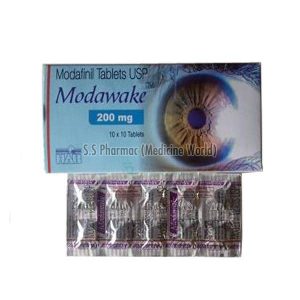Narcolepsy is a sleep disorder that affects wakefulness and the ability to fall asleep and causes gilding, excessive sleepiness and hallucinations. It is known that 1 in 2000 it will be developed.
The typical sleep cycle is often characterized by different stages, the last stage of which is rapid eye movement (REM). The average person enters REM sleep after 90 minutes of sleep. However, those with narcolepsy quickly fall into REM sleep. You can access this step by standing up.
This makes everyday tasks difficult, causing daytime sleepiness, even after a good night’s sleep. The cause of this problem is due to the loss of a chemical called hypocretin in the brain.
Hypocretin is responsible for regulating the cycle of sleep and waking. On the other hand, problems that disrupt people’s wakefulness, such as shift work sleep disorder, occur over a long period of time as they become lethargic during the day, making it difficult to concentrate.
Shift work-related sleep disorders are common among people who work shifts, late at night and early in the morning. It happens when a person’s natural sleep cycle is disrupted. This causes chronic sleep deprivation and worsens human health. However, with the help of certain medications, these problems can be effectively treated.
Medications such as
promote wakefulness in patients with sleep disorders. This medicine works by preventing the reuptake of dopamine. They increase the activity of orexin, histamine and norepinephrine in the hypothalamus of the brain.
It helps to improve focus and concentration, and the person is healthy throughout the day. The effect of this medicine is known to last for 14-16 hours. You must follow your doctor’s prescription to treat the negative effects of this problem. After carefully examining your condition, your doctor will suggest the appropriate dosage.
NARCOLEPSY
NARCOLEPSY
NARCOLEPSY
NARCOLEPSY
NARCOLEPSY
NARCOLEPSY
NARCOLEPSY







